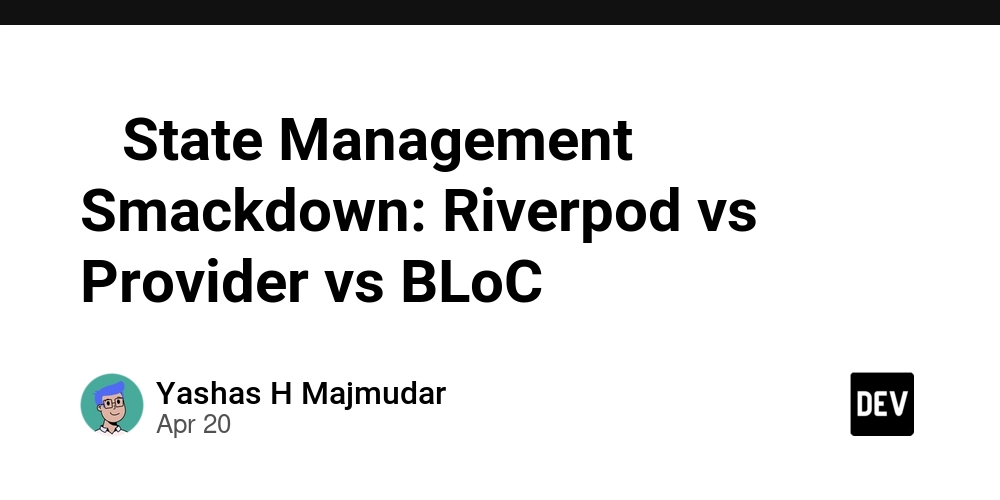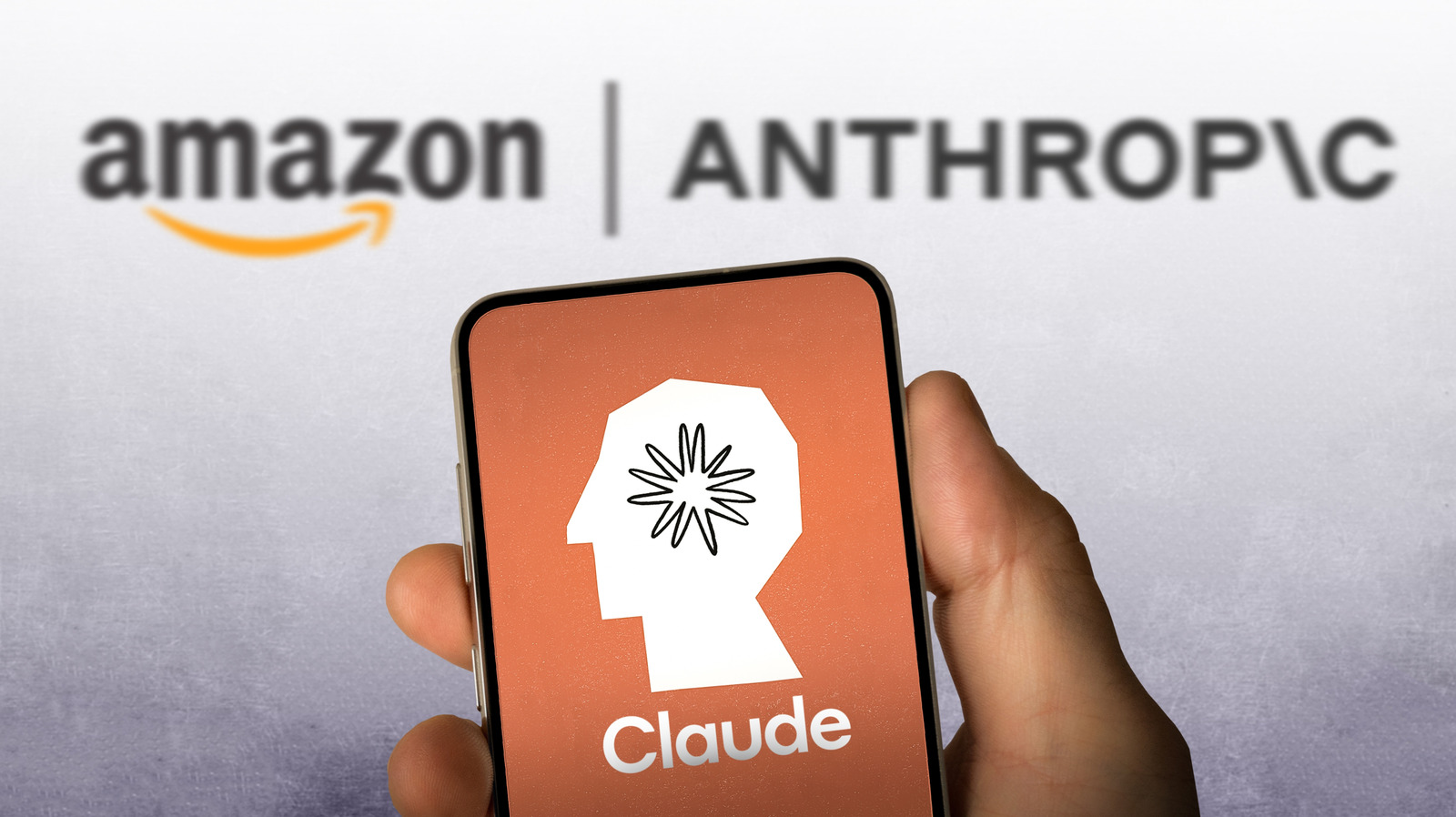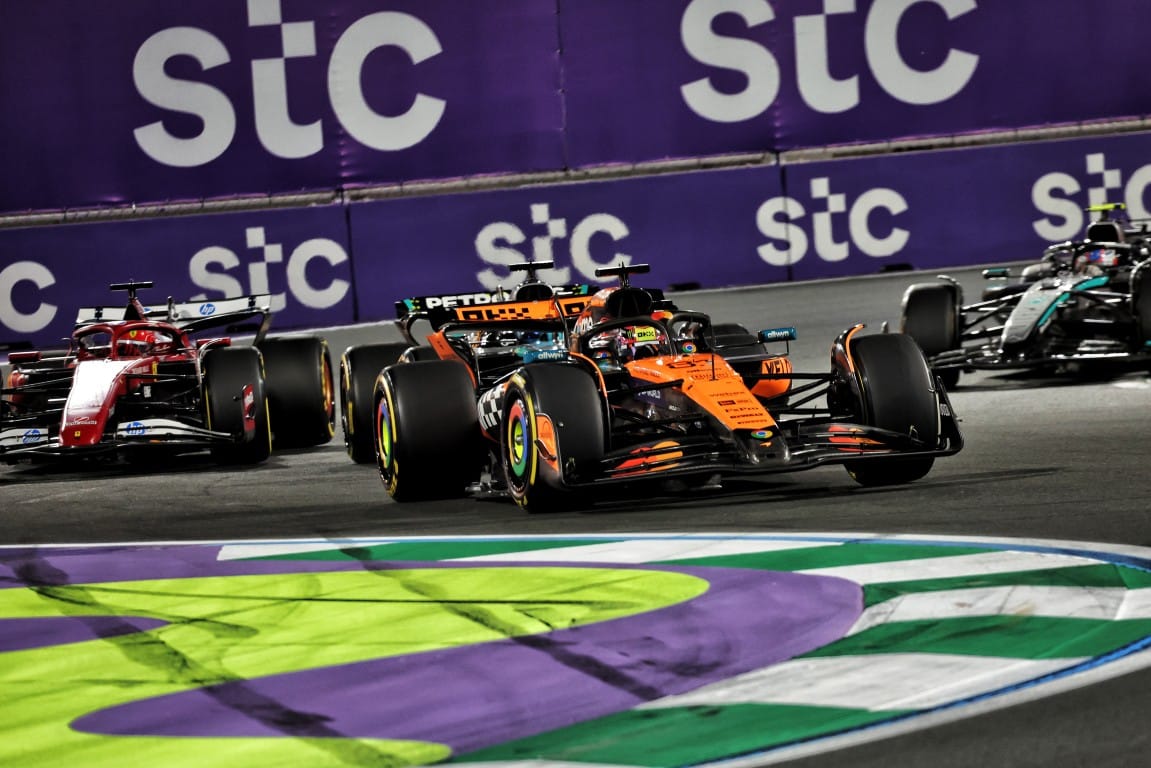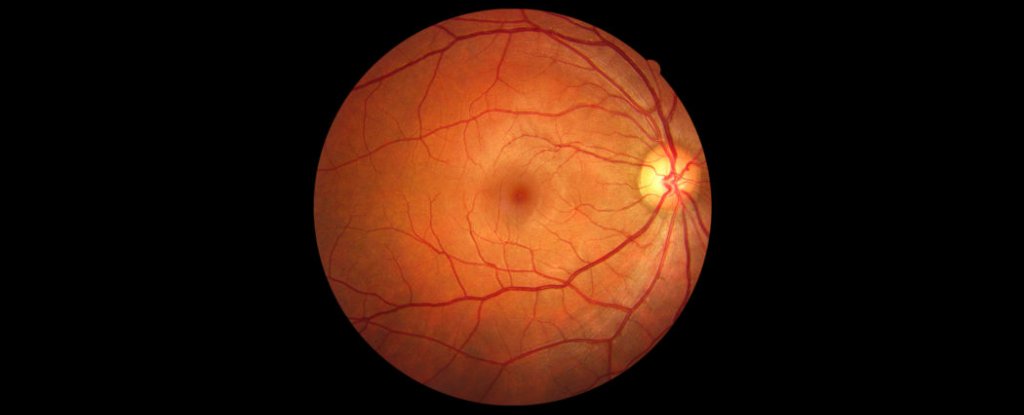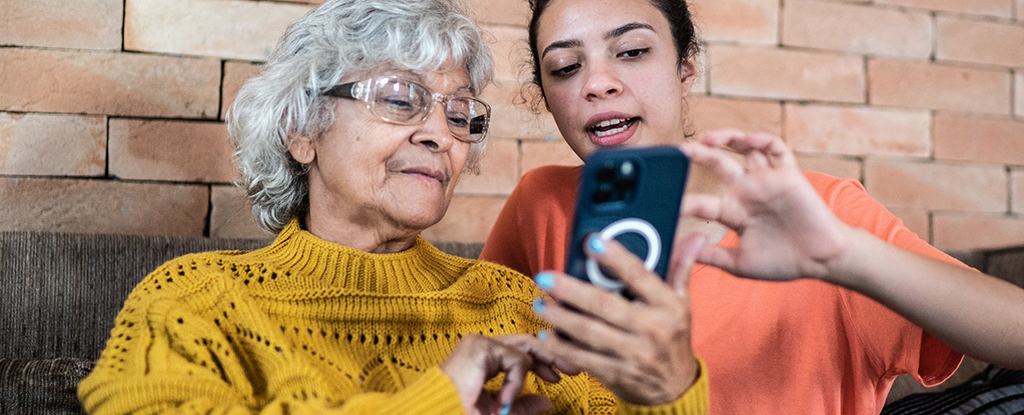Human Experiments on GLP-1 Pill Looking Extremely Promising
Forget injections. A new drug promises to be just as effective as Ozempic — but is taken as a daily pill. Called orforglipron, the results of a new clinical trial announced Thursday by manufacturer Eli Lilly suggest that the pill could be a breakthrough in a class of drugs called GLP-1 agonists, which have become popular for their dual potential in helping with weight loss and treating diabetes. Though they have taken the world by storm, GLP-1 drugs like semaglutide — sold as Ozempic and Wegovy — remain costly, require refrigeration, and need to be injected, imposing significant hurdles on […]


Forget injections. A new drug promises to be just as effective as Ozempic — but is taken as a daily pill.
Called orforglipron, the results of a new clinical trial announced Thursday by manufacturer Eli Lilly suggest that the pill could be a breakthrough in a class of drugs called GLP-1 agonists, which have become popular for their dual effectiveness in helping with weight loss and treating diabetes.
Though they have taken the world by storm, GLP-1 drugs like semaglutide — sold as Ozempic and Wegovy — remain costly, require refrigeration, and need to be injected, imposing significant obstacles to their accessibility and availability. By packaging one in pill form, the thinking goes, you can get most of the benefits without the practical hurdles.
"In the coming decades, 700 million people around the world will have Type 2 diabetes, and over a billion will have obesity," Daniel Skovronsky, Lilly's chief scientific officer, told the New York Times. "Injections cannot be the solution for billions of people around the world."
Doctors believe that GLP-1 agonists work by binding to receptors that tell your body to release the hormone GLP-1, which is responsible for regulating your hunger and triggers the release of insulin.
Pharmaceutical companies have struggled to package GLP-1 agonists and other peptide-based drugs into pill form because peptides, chains of amino acids that are the building blocks of protein, are fragile; a drug made of one can get quickly dissolved in the stomach before it has a chance to act. Rybelsus, semaglutide-maker Novo Nordisk's GLP-1 pill, brute forces its way around this with larger doses, but requires specific dietary instructions and doesn't seem to be as effective for weight loss.
Eli Lilly's solution was to ditch peptides and find an incredibly small molecule to mimic them, which can bind to the same "pocket" on the GLP-1 receptor that the peptides would target. Because the molecule is so small, it's absorbed into the stomach wall before it can be degraded.
In its latest clinical trial, which involved 559 people with Type 2 diabetes, Eli Lilly reports that subjects who took the highest dose of orforglipron, 36 mg, over the course of 40 weeks lost 7.9 percent of their body weight, or around 16 pounds on average, while their blood sugar levels fell by up to 1.6 percent. Encouragingly, their weight loss didn't plateau towards the trial's end, suggesting that they could've continued to shed pounds.
Some patients experienced the dreaded side effects common to weight loss drugs. 14 percent who took the highest dose experienced vomiting, while just over a quarter suffered diarrhea.
Overall, the results put orforglipron roughly on par with Ozempic and Mounjaro, though some analysts were expecting a blood sugar level reduction up to 2.1 percent, which is what Ozempic accomplished in trials, per CNBC.
Some are optimistic that the small molecule approach behind developing orforglipron will be a game changer.
"In the next 4 or 5 years, this field will mature and more patients ultimately should be able to get these medicines," Kyle Sloop, a molecular biologist at Lilly Research Laboratories, told Science.
"Having new oral agents that lower glucose but also meaningfully lower weight well beyond levels seen with most existing diabetes therapies is critical to future type 2 diabetes care," echoed Naveed Sattar, professor of cardiometabolic medicine at the University of Glasgow, in a statement. "Of course, one caveat is that we do not know the effects of this newer therapy on cardiovascular outcomes but this will be forthcoming in future trials."
More on drugs: To Fill Your Adderall Prescription Amid Shortage, Try Getting It Filled on This Particular Day of the Month
The post Human Experiments on GLP-1 Pill Looking Extremely Promising appeared first on Futurism.
















